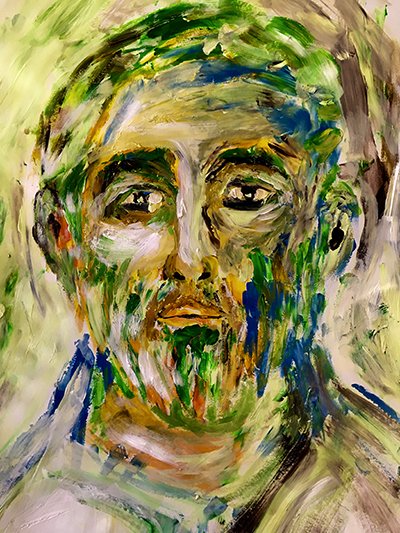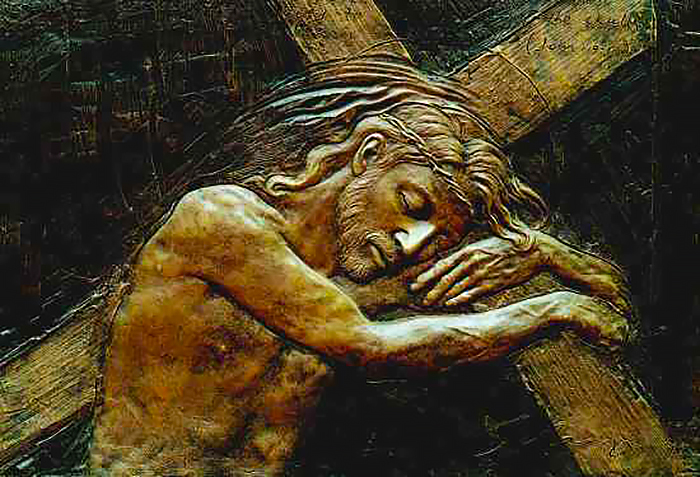
Fear not; you are inadequate! Fr. Ron Rolheiser writes that that little saying has a deceptive depth. Whether you are a parent, a teacher, a minister, a priest, an advocate for justice, or simply a friend to someone in need, there are countless times when you come face to face with your own inadequacy, when you are helpless in the face of all that you should be doing. At times like that, it is essential to remember that God alone is adequate, that you are not God, and that God is more parent, teacher, minister, priest, advocate for justice, and friend than you are. Obvious as this is, it is not always evident to us, as our history of needless worry, being angry, feeling overly self-important, living with ulcers, and being chronically overextended give ample testimony to. We are instruments, mere instruments, albeit important ones, and, unlike God, we are not adequate to the task. Knowing this should give us some consolation at those times when it seems that, somehow, we should be doing better than we are. Healthy prayer functions paradoxically: On the one hand, it connects us to God and divine energy. Conversely, at the same time, it dissociates us from God by making it clear to us that we are not God. Hence, a good prayer life is paradoxical, too, in its effect. Namely, it connects us to God and thus saves us from depression even as it dissociates us from God and thereby saves us from inflation and self-righteousness. Simply put, if someone does not pray, in some way, they are forever falling either into depression or infantile grandiosity; either there is a lack of connection to God, or there is an over-identification with God. Both have adverse effects. Accepting our inadequacy can help bring us to prayer. Fear not; you are inadequate! To admit the truth of that is to be making a little prayer. It is both healthily humbling and uplifting to accept that we are not God and are not asked to try to be. When we are overly discouraged, it is because we have forgotten that truth. When we are overly inflated, it is for the same reason.









